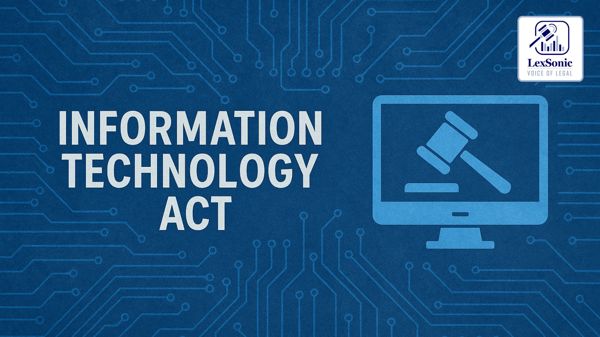Supreme Court Dismisses Appeal Regarding Retrospective Application of Affidavit Requirement in Criminal Complaints.
27 February 2025
Criminal Appeals & Suspension of Sentence >> Criminal Law | Forgery >> Criminal Law | Information Technology Act >> Intellectual Property Rights

The Supreme Court upheld the High Court’s decision, emphasizing that judgments of constitutional courts typically have retrospective effect unless explicitly stated otherwise. The Court also clarified that the affidavit requirement for Section 156(3) CrPC applications was intended to curb frivolous complaints and would apply only from the time of the Priyanka Srivastava judgment onward. As such, the appeals were dismissed, but the appellants were allowed to apply for discharge if charges had not yet been framed.
Section 156., Code of Criminal Procedure - 1973
Section 190., Code of Criminal Procedure - 1973
Code of Criminal Procedure, 1973
Section 66, Information Technology Act - 2000
Information Technology Act, 2000
Section 120B., Indian Penal Code - 1860
Section 420., Indian Penal Code - 1860
Section 467., Indian Penal Code - 1860
Section 468., Indian Penal Code - 1860
Section 469., Indian Penal Code - 1860
Section 471., Indian Penal Code - 1860
